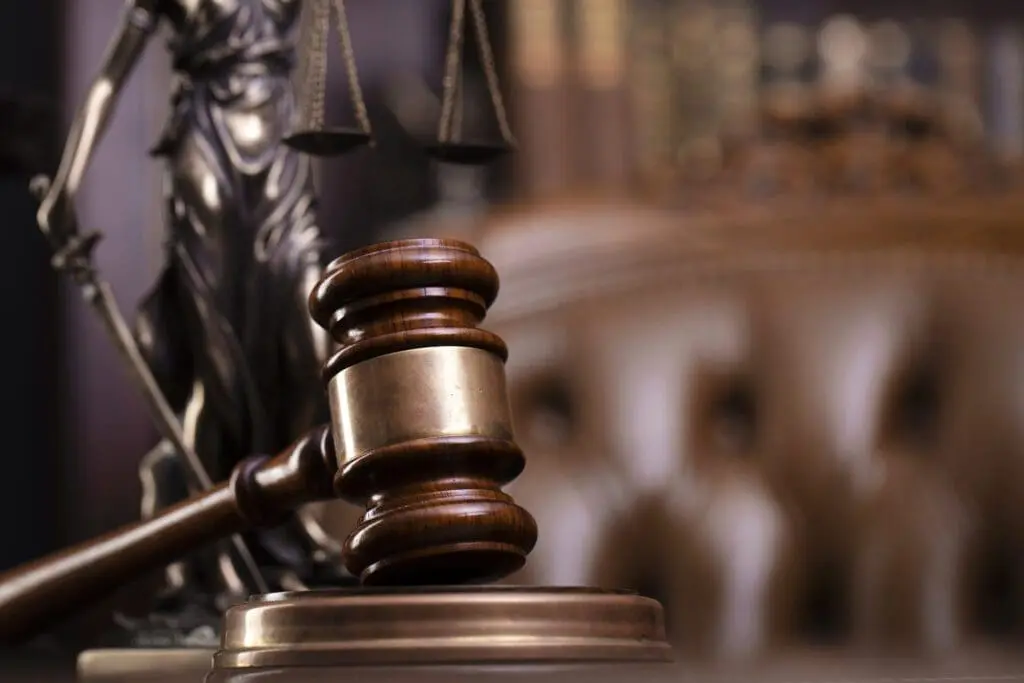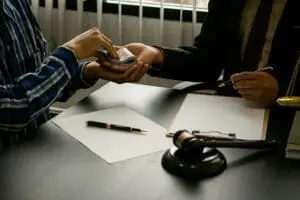
How to Collect After Winning a Court Case
After winning a court case and getting a money judgment, collecting on the claim is usually a tedious process. There are various reasons why disputes can escalate to the small claims court, from unpaid bills to bad checks. Even if the court may have a repayment meeting to plan the way forward, debt collection is complex and mired with challenges. Also, it can be challenging to collect payment since it is based on whether the defendant can pay. Some people don’t have assets or have a job to raise funds. Here are steps you can take to collect after winning a judgment.
Winning a judgment is one thing; enforcing it is another ball game. If the debtor can pay the money owed, you would be lucky. You will have to go for a payment hearing, get a judicial writ, and garnish wages in most cases. The process is simple: first, you should wait for the appeal process and then ask for payment and a reasonable time to honor. If payment is not forthcoming, you should attend a payment hearing to determine whether the judge will organize a payment schedule. Also, you can take further action by getting a judicial writ which gives you the power to seize assets, usually with the help of law enforcement. Finally, always investigate whether the defendant can pay before taking them to the claims court.
1. Wait for the Appeal Process
Depending on the jurisdiction, courts have a specific period for the appeals process. You should wait until it’s over and win appeals before asking for payment.
2. Ask for Payment
After the appeals process is over, you are at liberty to ask for payment. You should request the defendant to pay what the judge ordered and give reasonable time. You should contact the individual or the legal team directly. Keep track of all communication because it may be used as evidence if the dispute escalates or prevent miscommunication.

3. Attend Essential Hearings
Depending on the state, some courts may require payment hearings after the small claims court process is over. The judge is at liberty to decide whether the hearings are necessary and whether it’s possible to arrange a payment timeline. Ideally, the debtor will have paid everything; hence, the hearing is unnecessary.
If the debtor hasn’t paid, the hearing case will go forward, and the judge will determine whether the debtor can pay or the way forward. It’s upon you to gather all the evidence before the hearing showing that the debtor can pay. If the information is accurate, you will be able to assist in creating a payment plan so that you can collect on it.
If the debtor is not in a position to pay, then you can ask the judge to schedule another payment hearing. Judgments are enforceable for up to two decades by most states.
4. Get a Writ of Execution
A writ is a document issued by the court giving you the authority to seize valuable property. If payment is not forthcoming, getting a judicial writ is better. For example, you can use a judicial writ to seize a vehicle worth the same or near the value of the debt owed to you.
5. Wage and Asset Collection
Once you get a judicial writ, it is time to enforce it. It is advisable to use law enforcement and court employees to implement the writ. You should never do it alone; always engage the local sheriff, constable, or marshal, to ensure everything goes smoothly.
Additionally, if you know where the defendant works or has a bank account, you should garnish his wages or seize their assets. This process can be complex; hence, you should involve law enforcement to help you. In some states, a judge has to order asset recovery or wage garnishment before collection can begin.
6. You Can’t Always Collect
Collecting debts is not always possible because of the defendant’s poor financial situation. A person with no assets, wages, tax refunds, or a bank account to be garnished is called judgment-proof.
If you want to bring forward any suit, you should first investigate whether the individual is judgment proof. Then you should determine whether it’s worthwhile to go through the trial stress and associated costs.
Conclusion
If you need guidance to manage your debt and payments, Consumer Protection Group is your best option. We know our way around debt because we’ve been there, and we want to help others understand and do the best they can with it. Contact us for more information!

